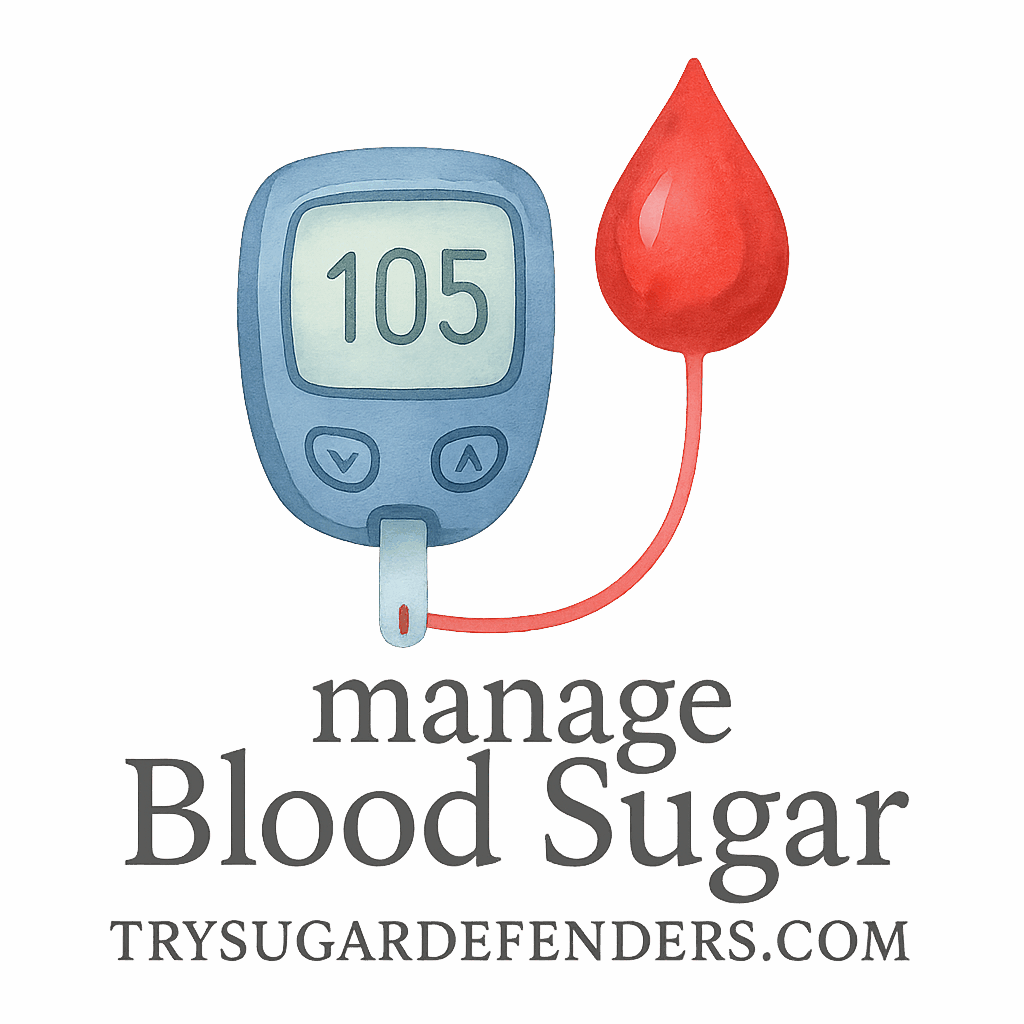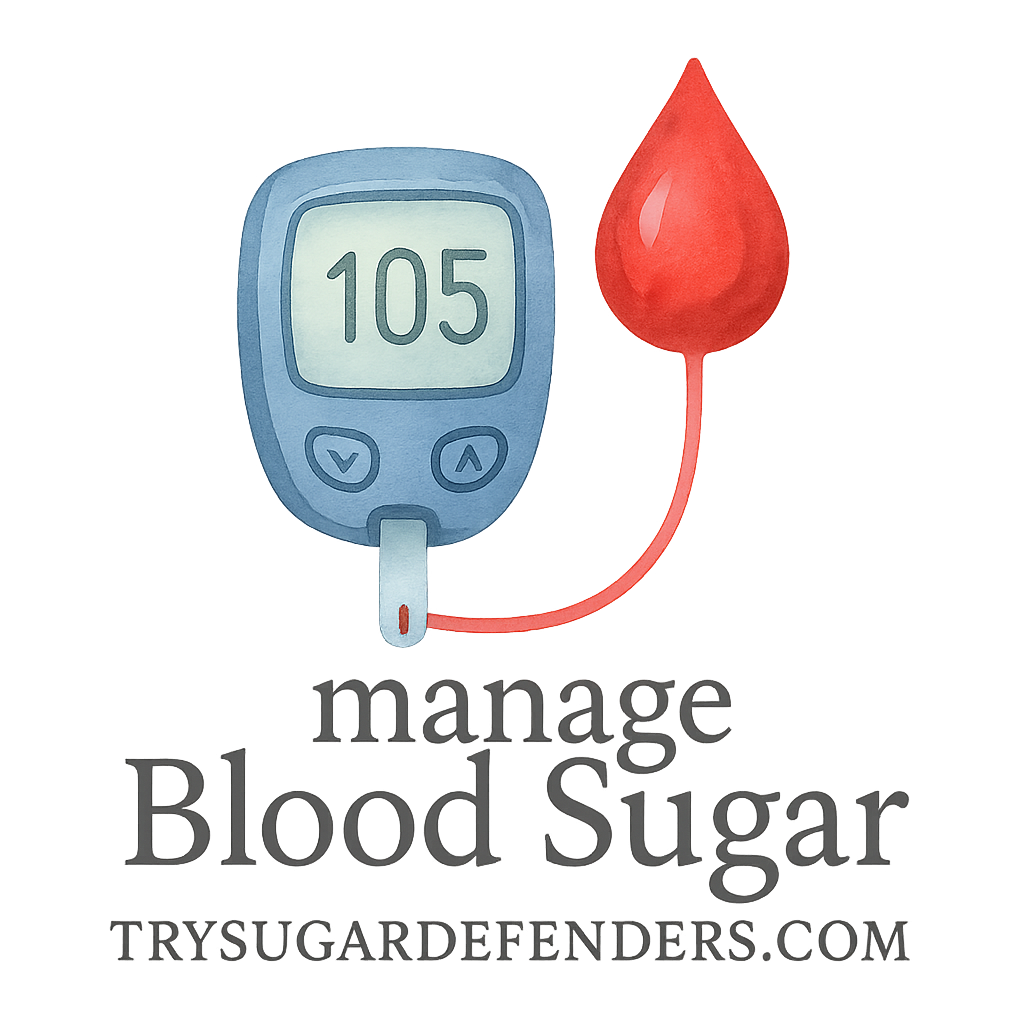Introduction
Ever been told to “watch your sugar levels” and had no idea what that meant in real life? You’re not alone. Managing blood sugar isn’t just about skipping desserts—it’s about knowing what’s going on inside your body. That’s where lab tests come in. They’re like the GPS for your glucose journey, helping you stay on track.
Let’s break down the 10 essential blood sugar lab tests you need to know to take charge of your health.
Why Blood Sugar Testing Matters
The Role of Blood Glucose in Overall Health
Blood sugar, or glucose, is your body’s main source of energy. But too much or too little can create chaos—think of it like overloading a power circuit or starving a fire. It affects everything from your mood to your metabolism. Long-term imbalance can lead to serious health issues, including diabetes, heart disease, and nerve damage.
Early Detection is Key
The scary part? Many people have elevated blood sugar and don’t even know it. Regular testing can catch these changes early before they spiral into something serious. Whether you’re managing diabetes or just health-conscious, understanding your lab results is a must.
Understanding the Different Types of Tests
Let’s dive into the top ten lab tests that can give you a full picture of your blood sugar status.
1. Fasting Blood Sugar (FBS)
This is one of the most common tests. You fast for 8–12 hours and then have your blood sugar tested. It helps determine how your body handles glucose without any food interference.
Why it matters: It’s often the first step in diagnosing prediabetes or diabetes.
Normal range: 70–99 mg/dL.
🔗 Internal Link: Explore more on monitoring and tracking your blood sugar.
2. Hemoglobin A1C (HbA1c)
Think of this one as a 3-month average of your blood sugar. It checks how much sugar has stuck to your hemoglobin, which carries oxygen in your blood.
Why it matters: Gives a long-term view of your glucose levels.
Target range: Less than 5.7% is normal, 5.7–6.4% is prediabetes, 6.5%+ means diabetes.
🔗 Learn more about A1C in our guide to medical supplements.
3. Oral Glucose Tolerance Test (OGTT)
You drink a sugary liquid, and your blood is tested several times over a few hours. This shows how well your body handles a glucose spike.
Why it matters: Often used during pregnancy to check for gestational diabetes.
🔗 Related: Control your blood sugar naturally.

4. Random Blood Sugar Test
No fasting, no prep—just a quick test to see your current blood sugar level.
Why it matters: Useful in emergencies or quick checks.
🔗 Dive into real-time tracking methods.
5. Continuous Glucose Monitoring (CGM)
A wearable device that measures your glucose all day and night.
Why it matters: Provides detailed insights, especially helpful for diabetics.
🔗 See the benefits on our monitoring tools page.
6. Postprandial Glucose Test
This measures your blood sugar two hours after eating. It shows how your body responds to food.
Why it matters: Detects early signs of diabetes missed by fasting tests.
🔗 Tips on diet and nutrition to support healthy levels.
7. C-Peptide Test
This one checks how much insulin your pancreas is making. It’s a good way to see if your body is producing insulin properly.
Why it matters: Helps differentiate between type 1 and type 2 diabetes.
🔗 Learn about medical methods and diagnosis.
8. Fructosamine Test
It’s like a shorter-term version of A1C—measuring blood sugar levels over the past 2–3 weeks.
Why it matters: Great for spotting quick changes in glucose control.
🔗 Related: Get professional advice on monitoring.
9. Insulin Tolerance Test
This test checks how sensitive your body is to insulin by administering insulin and observing the response.
Why it matters: Mainly used in clinical settings for more complex cases.
🔗 Read about behavioral and mental strategies that work hand-in-hand with lab data.
10. Glucose Challenge Test
Usually done during pregnancy, it involves drinking a sugary drink and testing your sugar an hour later.
Why it matters: Early diagnosis of gestational diabetes protects both mom and baby.
🔗 Visit our comparison of lab tests to explore more.
Choosing the Right Tests For You
Doctor Consultation and Monitoring
Always consult with your healthcare provider to figure out which tests are best based on your age, risk factors, and symptoms.
🔗 Need help? Read our article on choosing the right doctor.
Using Technology to Stay Ahead
Modern tech—from CGMs to smartphone apps—makes it easier to stay in control.
🔗 Explore blood sugar devices and fitness tools.
How Often Should You Test?
Based on Risk Factors and Age
People with risk factors like obesity, family history, or PCOS may need more frequent testing. Others may get by with an annual check.
🔗 Find your best-fit routine and plan.
Tracking Progress and Adjusting Plans
Your blood sugar journey is dynamic. Track your test results and work with your doctor to adjust your strategies.
🔗 Check out smart tracking strategies.
Supporting Your Lab Results with Healthy Habits
Diet and Nutrition Tips
You are what you eat—seriously. Focus on fiber-rich foods, lean protein, and good fats.
🔗 Get your full nutrition strategy here.
🔗 Bonus: Dive into Mediterranean diet methods.
Exercise and Lifestyle Integration
Move more, sit less. It’s that simple. Even a brisk walk after meals can lower blood sugar levels.
🔗 Build your routine with help from our exercise and lifestyle guide.
Mental and Behavioral Support
Stress plays a sneaky role in blood sugar spikes. Try CBT, mindfulness, and stress-reduction techniques.
🔗 Discover mental strategies and CBT techniques for glucose control.
Conclusion
Understanding your blood sugar is like having a map to better health—and these 10 lab tests are your compass. Whether you’re managing diabetes or just being proactive, these tests give you the insights you need to take action.
But remember: lab results are just the beginning. Combine them with smart lifestyle choices, regular check-ins, and mental wellness for the full picture.
🔗 Ready to take control? Start here at TrySugarDefenders.com.
FAQs
1. What’s the most accurate test for long-term blood sugar control?
The Hemoglobin A1C (HbA1c) test is your best bet for tracking long-term glucose control.
2. How often should I take a fasting blood sugar test?
If you’re healthy, once a year might suffice. If you’re at risk, talk to your doctor—it could be quarterly.
3. Can I do any of these tests at home?
Yes! Tests like CGM and random blood sugar checks can be done at home using the right tools.
4. What foods help lower blood sugar quickly?
Fiber-rich foods like oats, lentils, and leafy greens can help stabilize sugar spikes.
5. How does stress affect my blood sugar?
Stress triggers hormone releases like cortisol, which can increase blood glucose levels.
6. Are blood sugar tests covered by insurance?
Most standard tests are covered, especially if prescribed for a medical condition.
7. Is one test enough to diagnose diabetes?
Nope! Doctors typically confirm with at least two different tests on different days.


